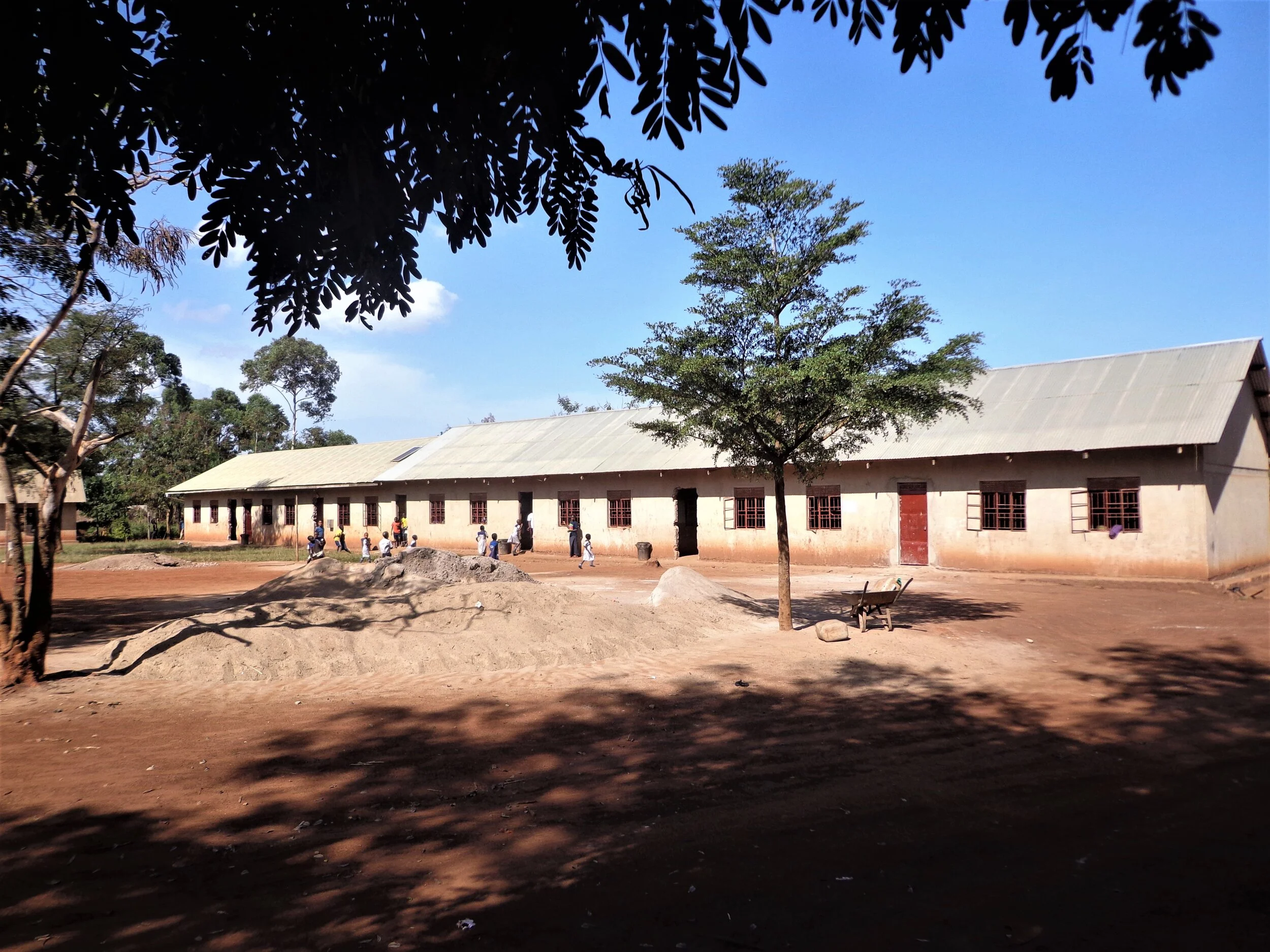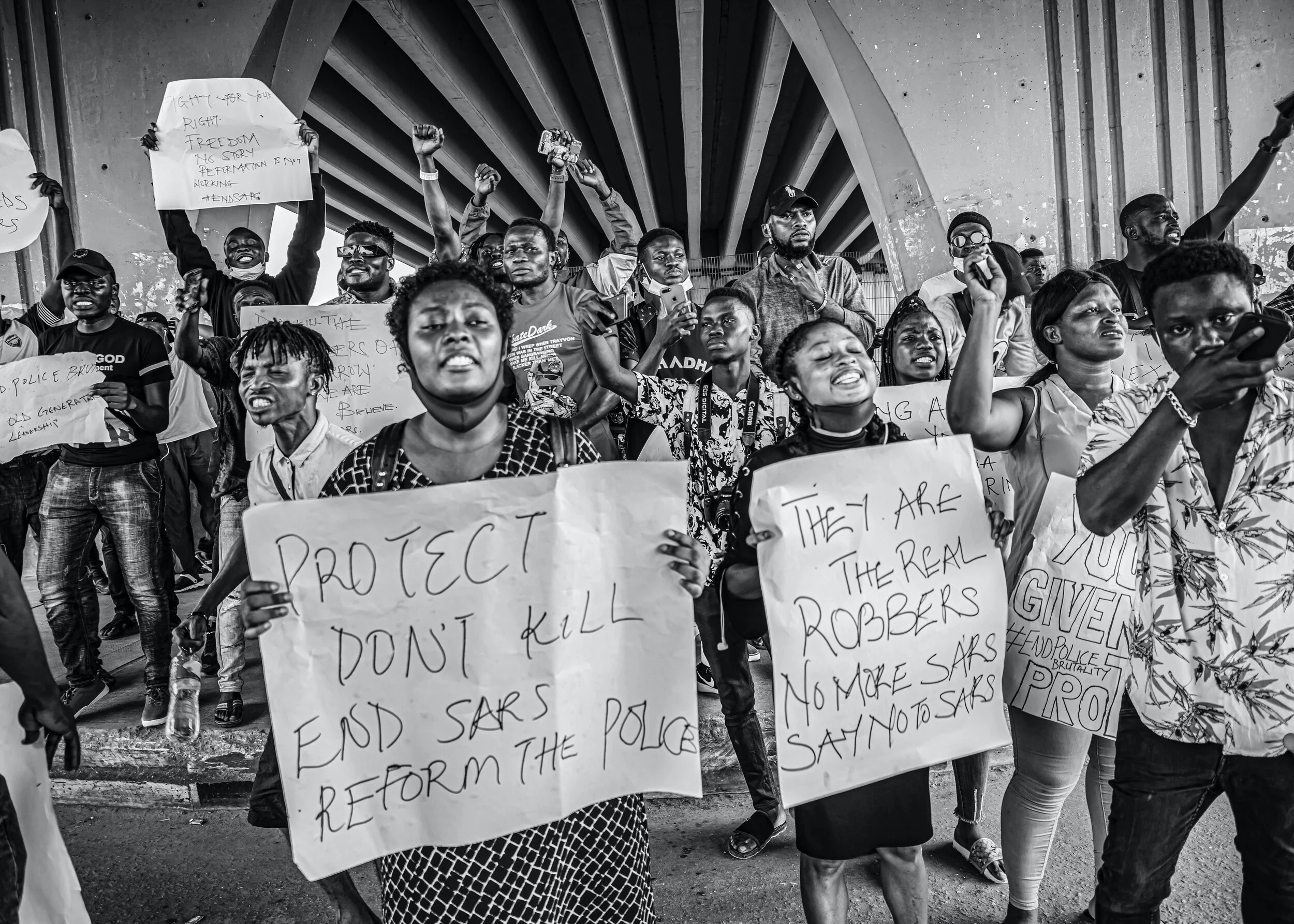A Slice of Life: Stand to End Rape Initiative Founder, Oluwaseun Ayodeji Osowobi
Photo: Courtesy of Oluwaseun Ayodeji Osowobi
I’m Lagos-born and partly bred. Zaria and Ondo State also served as home for a while, with my tight-knit extended family raising me alongside my parents. I’m the first of three siblings, and though I had no qualms showing my brothers who was boss, we’re very close. They respect me and tell me things they wouldn’t tell my parents.
I’ve always been passionate about ending gender-based violence and child marriage, and pictured myself campaigning against it without knowing in what capacity. Prior to STER, I dreamt of a career in the ministry of foreign affairs – that or being an actor.
STER started out as a Twitter hashtag in 2013, before morphing into an organisation in 2014. The idea for the initiative originated from the stories survivors shared with me on social media, as well as my own experience. At the time I was violated, I had no idea where to seek help or what to do except go to the police. And that was a complete disaster. They had no rape kits but wanted to conduct a pelvic exam, which I declined. I didn’t receive any mental counselling either, and it was my roommate at the time who knew to get medication for me from the pharmacy.
My biggest inspiration as a leader is my mother. When I was raped, she was my pillar of trust and support, reminding me of my value. She changed my perspective on sexual violence and told me what I did with my brain, heart and hands was all that mattered. She taught me to be honest with my failure and successes and with myself. This continues to guide me as a boss, colleague and partner.
Police Failings
STER operates in Lagos, Abuja and Port Harcourt, offering sex education and self-defence classes to women and children. So far, in the communities we’ve worked with, we’ve managed to dismantle the disturbing belief among men, women and teens that marital rape is a myth and a woman’s attire is an invitation to assault her.
One of the major problems facing STER is police incompetence. There have been instances where we’ve reported cases and they didn’t visit the site of the incident or bashed the survivor with insensitive questions. Other times, they claim not to have the resources to transport the perpetrator from prison to court and expect non-governmental organisations like ours to fund their activities. I’ll admit that there are good police officers, but some are terrible. Another hindrance to our work is the time it takes courts in Nigeria to prosecute sexual assault cases. Currently, plaintiffs wait three to five years for justice, which is discouraging.
One of my grandest desires, besides expanding STER beyond Nigeria, is to change the narrative of rape survivors, where they would be believed and the stain of shame will no longer exist. I dream of a world where women, children and men can co-exist freely without abuse and violence.
This story first appeared in the October 2018 print edition of The Africa Report magazine.
You May Also Like











